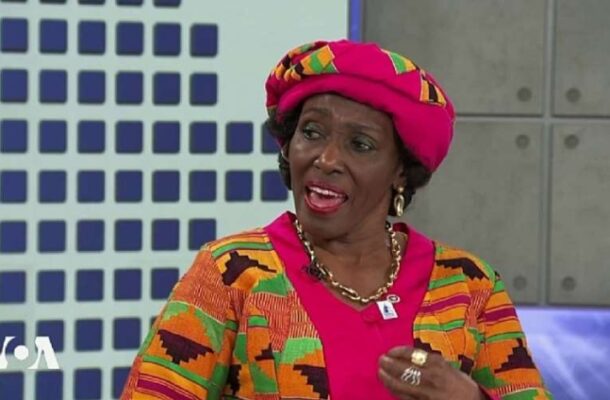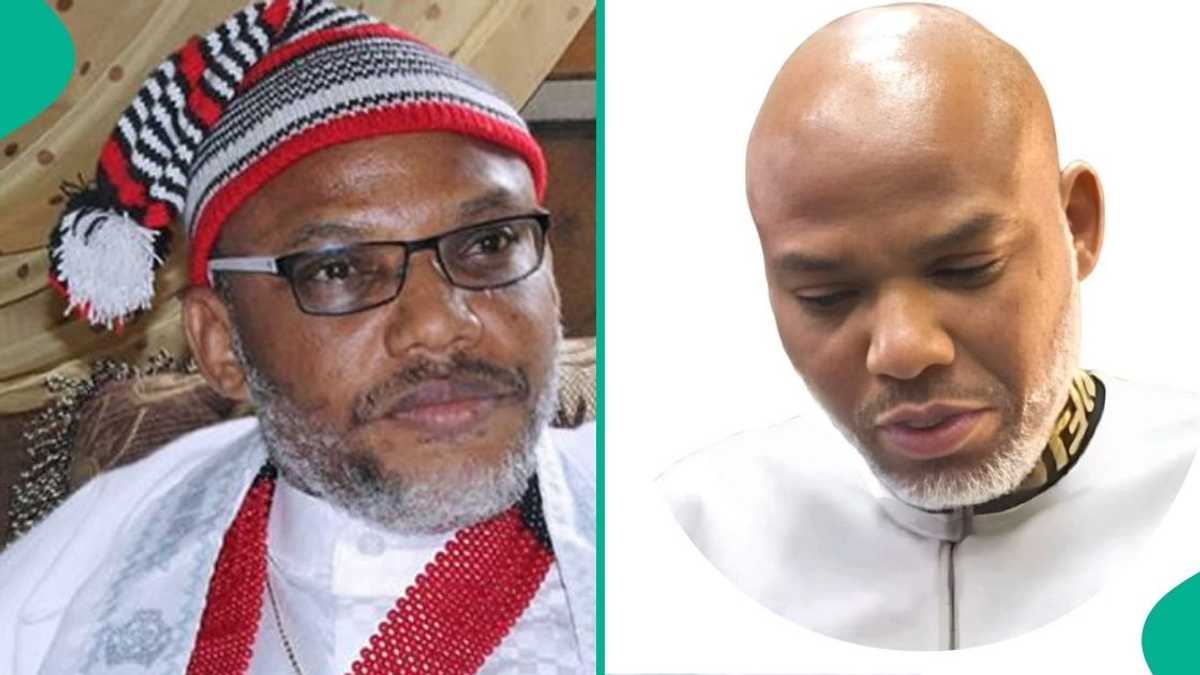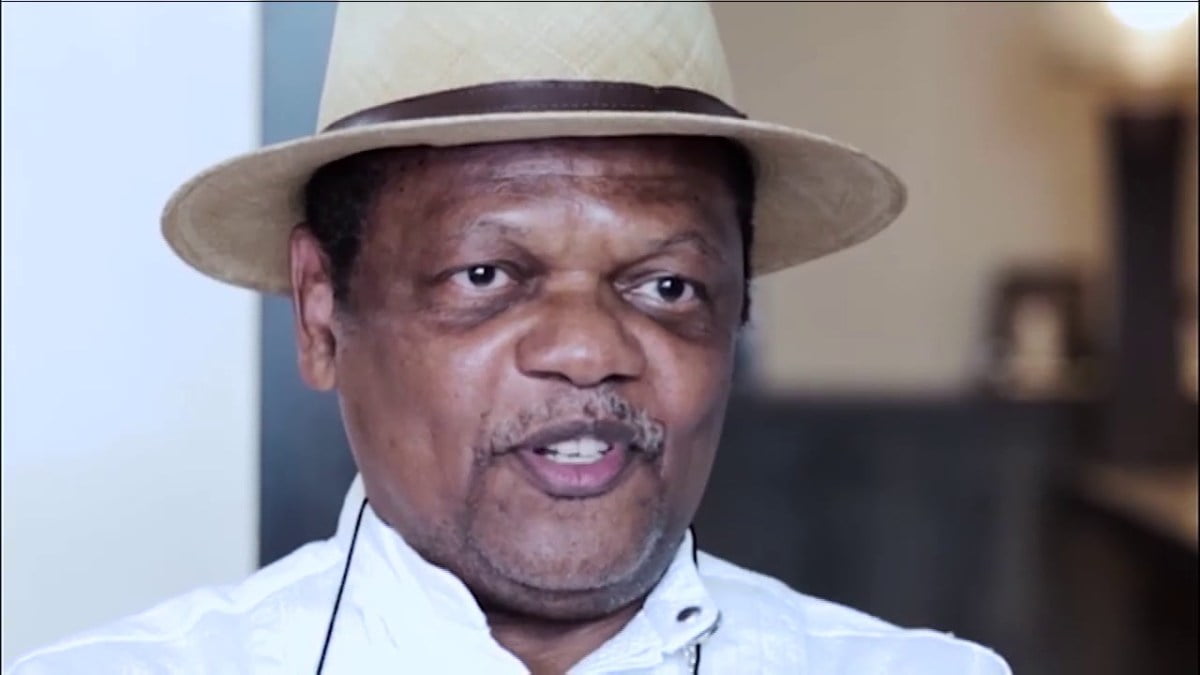Copyright ghanaguardian

Ghana is once again plunged into national mourning following the death of former First Lady Nana Konadu Agyeman-Rawlings — a woman whose influence, courage, and controversies shaped the course of the nation’s political and social history. Her passing, confirmed Thursday at the Ridge Hospital in Accra, comes at a time when the country is still reeling from the recent loss of eight government officials in a tragic helicopter crash. At 76, the widow of the late former President Jerry John Rawlings succumbed to short illness. Tributes have begun pouring in from across the political divide. Yet, beneath the flow of condolences lies a quiet discomfort — a silence from some within her own political roots, the National Democratic Congress (NDC), a party she helped build from scratch but later came to be alienated from. The Rise of a Revolutionary First Lady Nana Konadu Agyeman-Rawlings’ journey into public life began alongside her husband, Flight Lieutenant Jerry John Rawlings, when he seized power in the 1979 coup and later returned through the 1981 revolution that established the Provisional National Defence Council (PNDC). As the longest-serving First Lady, she was far from being a mere ceremonial figure. In 1982, she founded the 31st December Women’s Movement (DWM), a powerful social and political organization that championed women’s empowerment, economic independence, and grassroots participation in governance. The DWM established daycare centres, vocational schools, and microcredit schemes, transforming the lives of countless rural women. Through her activism, she redefined the role of the First Lady — making it one of advocacy, leadership, and tangible social change. Many credit her as one of the central figures who gave Ghanaian women a stronger voice in politics and community development. The Party She Built Turned Against Her But Konadu’s story is also one of political betrayal and isolation. Having co-founded the National Democratic Congress (NDC) alongside her husband, she was not only instrumental in building its structures but was also the creative mind behind the party’s iconic umbrella logo and eagle symbol — both of which remain the visual identity of the NDC today. However, by 2011, internal divisions had reached boiling point. What began as ideological differences soon turned into personal attacks. When Konadu dared to challenge then-President Prof. John Evans Atta Mills for the NDC’s flagbearer position in the run-up to the 2012 elections, the party machinery turned against her with venomous propaganda and calculated ridicule. The infamous “GAME vs FONKAR” war — shorthand for the battle between President Mills’ “Get Atta Mills Elected” faction and the Rawlings-loyal “Friends of Nana Konadu Agyeman-Rawlings” — became one of the most toxic episodes in Ghana’s political history. By the end of that bruising internal contest, Konadu had not only lost the primaries but also her place in the party she helped to create. The NDC hierarchy ostracized her. The woman once hailed as “Mother of the Revolution” had become a political outcast — persona non-grata in her own political home. The Barking Dog and the Silenced Founder The humiliation extended to her husband, Jerry John Rawlings. During the internal turmoil, the then NDC General Secretary, Johnson Asiedu Nketiah, infamously described the former president as “a barking dog that had been chained.” Those words cut deep — signaling the extent to which the Rawlingses had lost influence within the movement they founded on principles of “probity and accountability.” That era marked a symbolic death of the Rawlings legacy within the NDC. While the party continued to win elections, its founding ideals — and those who embodied them — were quietly sidelined. Breaking Away And Founding the NDP Refusing to be silenced, Nana Konadu took the bold step of forming her own party — the National Democratic Party (NDP) — in 2012. It was an act of defiance, independence, and conviction. She became one of the few Ghanaian women to contest for the presidency, a testament to her resilience and belief in participatory democracy. Although her presidential bid did not gain significant traction, it sent a strong message: that women could not only influence politics but could lead at the very top. The move also cemented her image as a strong-willed leader unafraid of political persecution. A Daughter Paying for Her Parents’ Sins Years later, the alleged political marginalization of her daughter, Dr. Zanetor Agyeman-Rawlings, has rekindled memories of the party’s uneasy relationship with the Rawlings family. Despite being a three-term Member of Parliament and a qualified medical doctor, Zanetor has been conspicuously overlooked for ministerial appointments under the current NDC government. Political observers believe this exclusion reflects a continuation of the silent punishment meted out to her parents — a lingering shadow of the 2012 rift that split the Rawlings family from the mainstream NDC establishment. The Final Chapter: A Nation Reflects In her final years, Nana Konadu continued to make public appearances — attending national events, state funerals, and cultural ceremonies. Just weeks before her passing, she was seen at the memorial for the eight officials who perished in the helicopter crash and later at the Dote Yie funeral rites of the late Asantehemaa, Nana Konadu Yiadom III, where she and her children were warmly received by the Asantehene, Otumfuo Osei Tutu II. Now, the woman who once symbolized the strength of Ghanaian womanhood has joined her husband, Jerry John Rawlings, in the ancestral realm. Together, they leave behind a complex but unshakable legacy — one defined by courage, controversy, and conviction. A Legacy That Deserves Honor Even as political tensions simmer beneath the surface, there are growing calls for the NDC-led government to accord her a state burial — a gesture many see as the least the nation can do for a woman who shaped the very fabric of the modern political identity. After all, the NDC’s colors, logo, and ideals bear her imprint — both literally and symbolically. Her movement gave voice to women long before “gender equality” became a political slogan. Nana Konadu Agyeman-Rawlings may have been reduced to persona non-grata in her lifetime, but in death, history may finally render its verdict — that she was one of the most fearless and consequential women Ghana has ever known. Rest in peace, Nana Konadu Agyeman-Rawlings — mother of a revolution, designer of a movement, and the conscience of a generation.



